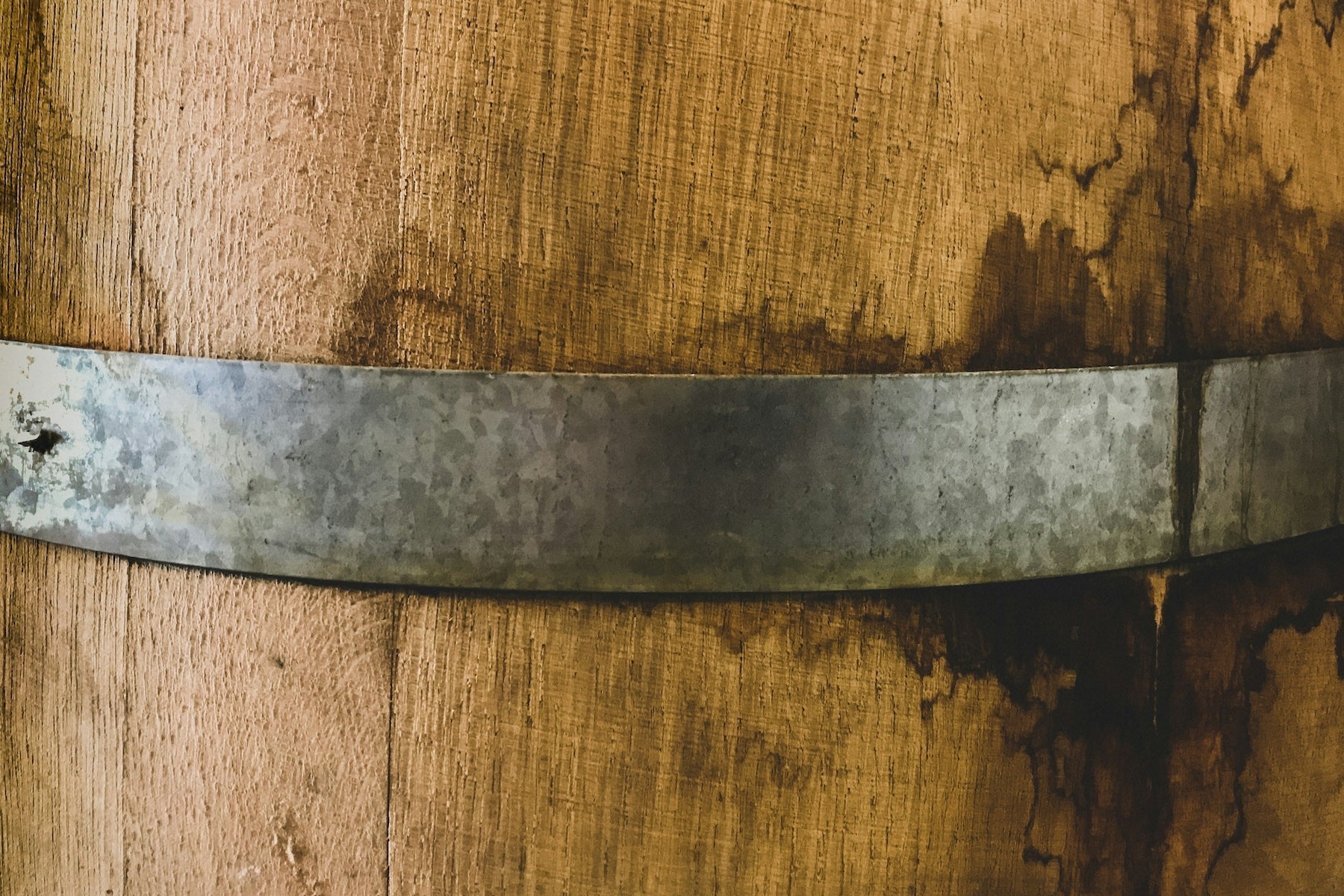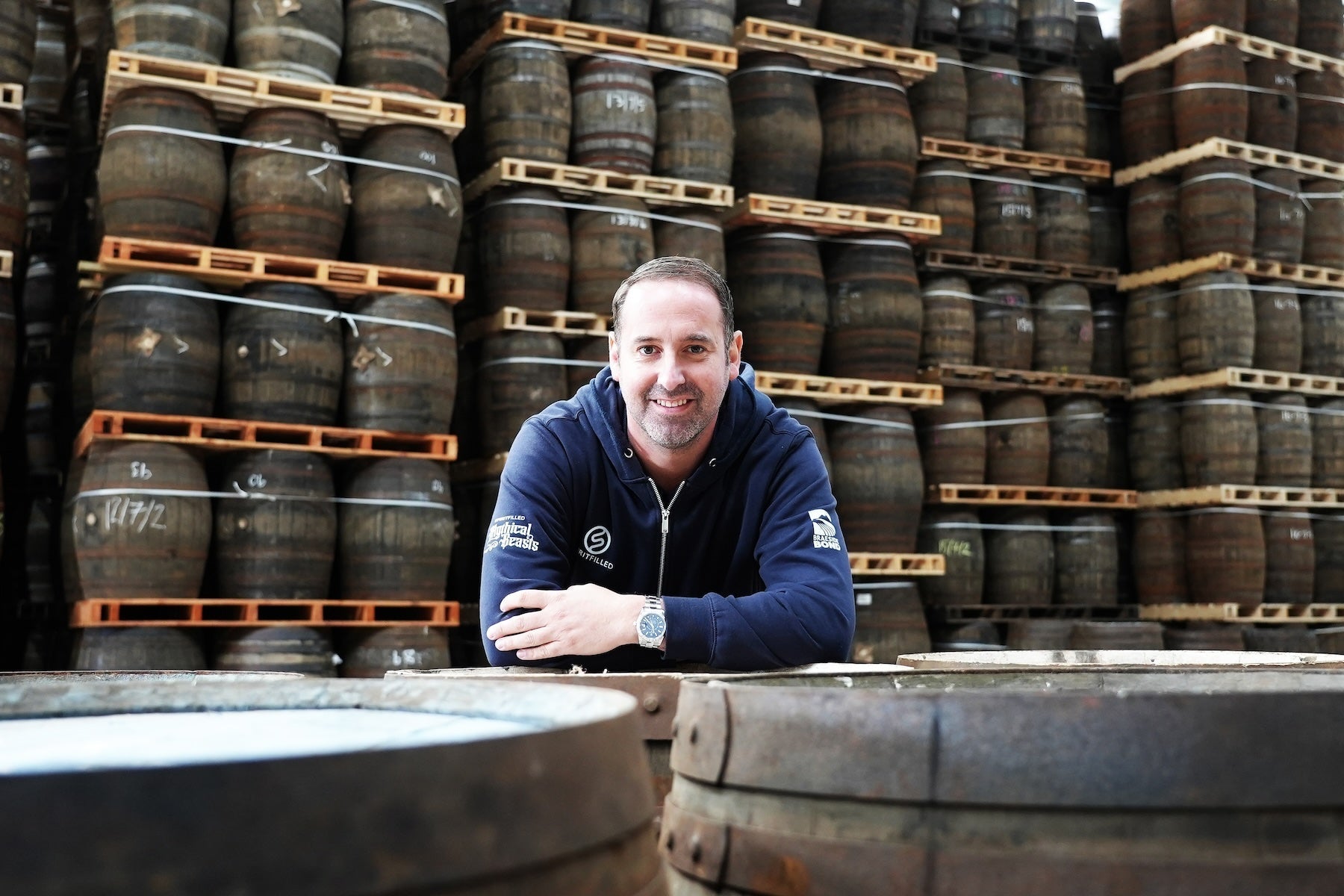
Scotch Whisky Investment: A Guide to Investing in Scotland’s Finest Spirit
Scotch whisky is one of Scotland’s greatest exports - steeped in tradition, admired for its craftsmanship, and enjoyed around the world. But beyond its appeal in the glass, Scotch whisky is increasingly seen as an alternative investment. From rare bottles to full maturing casks, Scotch whisky investment offers a tangible, long-term opportunity for those seeking something a little different.
At Spiritfilled, we specialise in helping individuals and investors access the cask side of the market—providing secure, transparent routes into whisky ownership. In this article, we’ll explain how Scotch whisky investment works, why it’s attracted growing interest, and what you need to consider before getting started.
Why Invest in Scotch Whisky?
There are several reasons why Scotch whisky has caught the attention of investors:
- Global demand: Scotch whisky continues to grow in popularity across Asia, North America and beyond. Mature stock, especially from well-known distilleries, is becoming harder to source.
- Tangible asset: Whether in bottle or cask, whisky is a real product, not a paper promise. Many investors appreciate this physical connection, especially in times of economic uncertainty.
- Portfolio diversification: Scotch whisky behaves differently to traditional asset classes. It offers low correlation with stocks and property, and can act as a hedge in volatile markets.
- Personal enjoyment: Unlike most investments, whisky can be bottled, gifted, or shared. Cask ownership in particular allows investors to take part in the ageing process and even release their own whisky.
While these benefits are attractive, it's important to approach whisky investment with the right expectations. Scotch whisky investments are unregulated in the UK, and capital is at risk. This is not a guaranteed or liquid investment, and past performance is not a reliable indicator of future results.
Bottle Investment vs Cask Investment
There are two main routes into Scotch whisky investment:
1. Rare Bottle Investment
This involves purchasing rare or limited-edition bottles with the intention of reselling them at a profit. Factors such as distillery closure, packaging, and auction demand all play a role in value.
Pros:
- Easier to store at home
- Established secondary market (e.g. whisky auctions)
Cons:
- Prices can be speculative and volatile
- Risk of damage or counterfeits
- Requires knowledge of the collector’s market
2. Cask Whisky Investment
This involves buying full casks of maturing Scotch whisky stored in bonded warehouses. The whisky develops over time, often gaining in value as it ages.
Pros:
- You own a unique, developing asset
- Bottling or resale flexibility
- Strong demand from independent bottlers
Cons:
- Illiquid (typically held for 5–15 years)
- Requires secure bonded storage
- Fees and terms & conditions apply
At Spiritfilled, we focus on cask whisky investment, managing casks professionally at our HMRC-registered bonded warehouse, Braeside Bond, and supporting clients from purchase through to exit.
How Returns Are Realised
With cask investment, value is typically realised in one of two ways:
- Sell the cask: As the whisky matures and becomes more desirable, it may be sold to another investor or to an independent bottler. Casks from well-known distilleries with quality maturation histories tend to attract the most interest.
- Bottle the cask: For those seeking a more hands-on approach, bottling offers an opportunity to create a unique product. Whether shared privately or sold commercially, it can be a rewarding way to exit.
We’ve written a full article on Whisky Cask Investment Returns for those interested in a deeper dive.
Risks to Consider
As with all alternative investments, Scotch whisky carries risks. These include:
- Lack of regulation: Cask whisky investment is not covered by the Financial Conduct Authority (FCA), and is not protected by the Financial Services Compensation Scheme (FSCS).
- Evaporation: Known as the angel’s share, whisky naturally loses volume over time.
- Illiquidity: Casks are not easily traded on-demand. Exit timelines vary.
- Storage and insurance: Casks must be stored in bonded warehouses with appropriate safeguards in place.
Before you invest, we recommend downloading our free Whisky Investment Guide, which offers a clear, honest overview of the market, the risks, and how to invest safely.
Is Scotch Whisky Investment Right for You?
Scotch whisky investment isn’t a fast win—and it shouldn’t be treated like one. But for those who appreciate heritage, craft, and a long-term outlook, it can be both rewarding and enjoyable.
At Spiritfilled, we combine bottling expertise, bonded warehousing, and personalised service to help clients invest with confidence. Whether you’re looking to own a single cask or build a broader portfolio, we’re here to help you do it the right way.
Interested in Scotch whisky investment? Contact us to learn more about available casks, or download our guide to get started.



